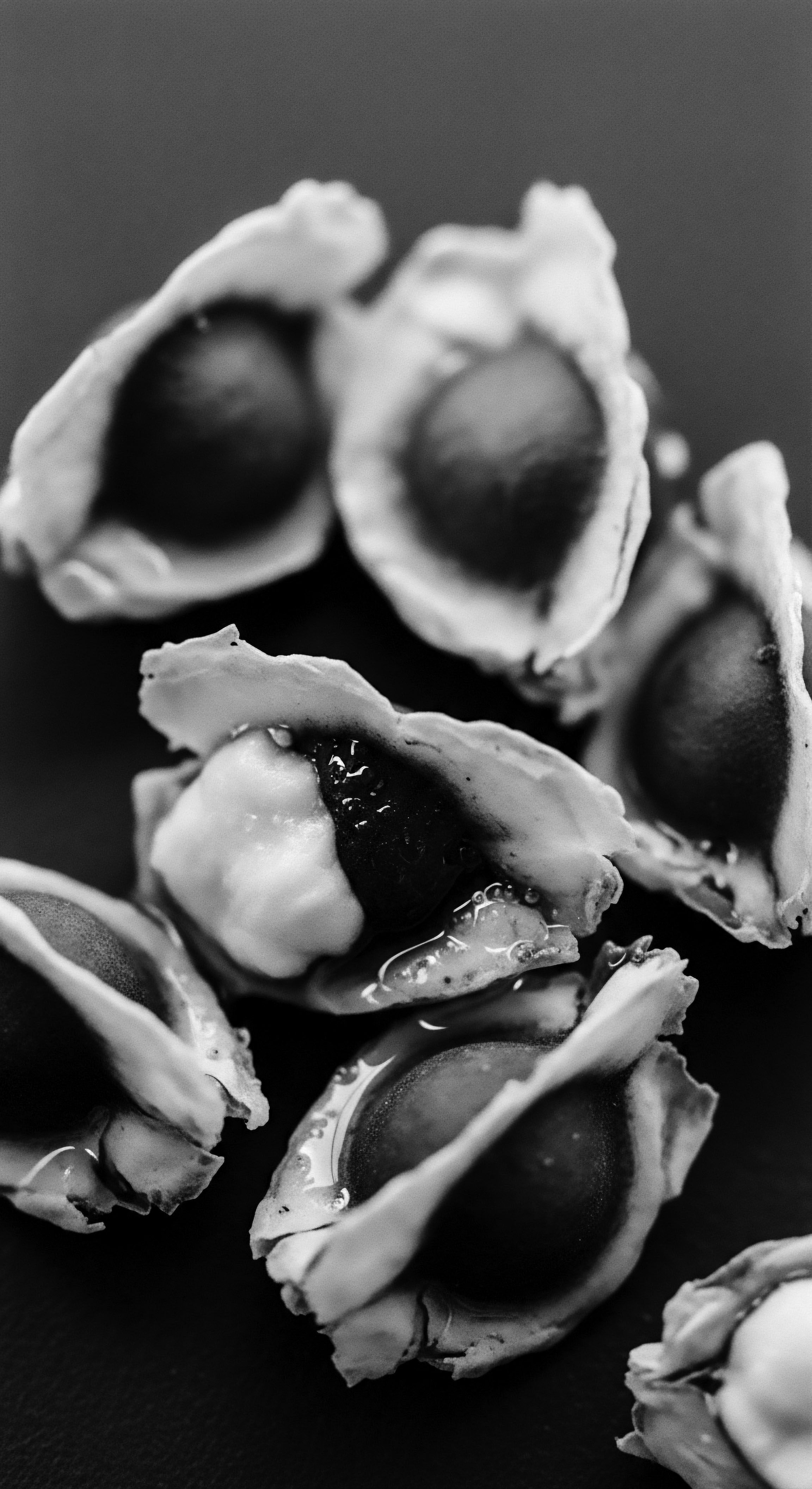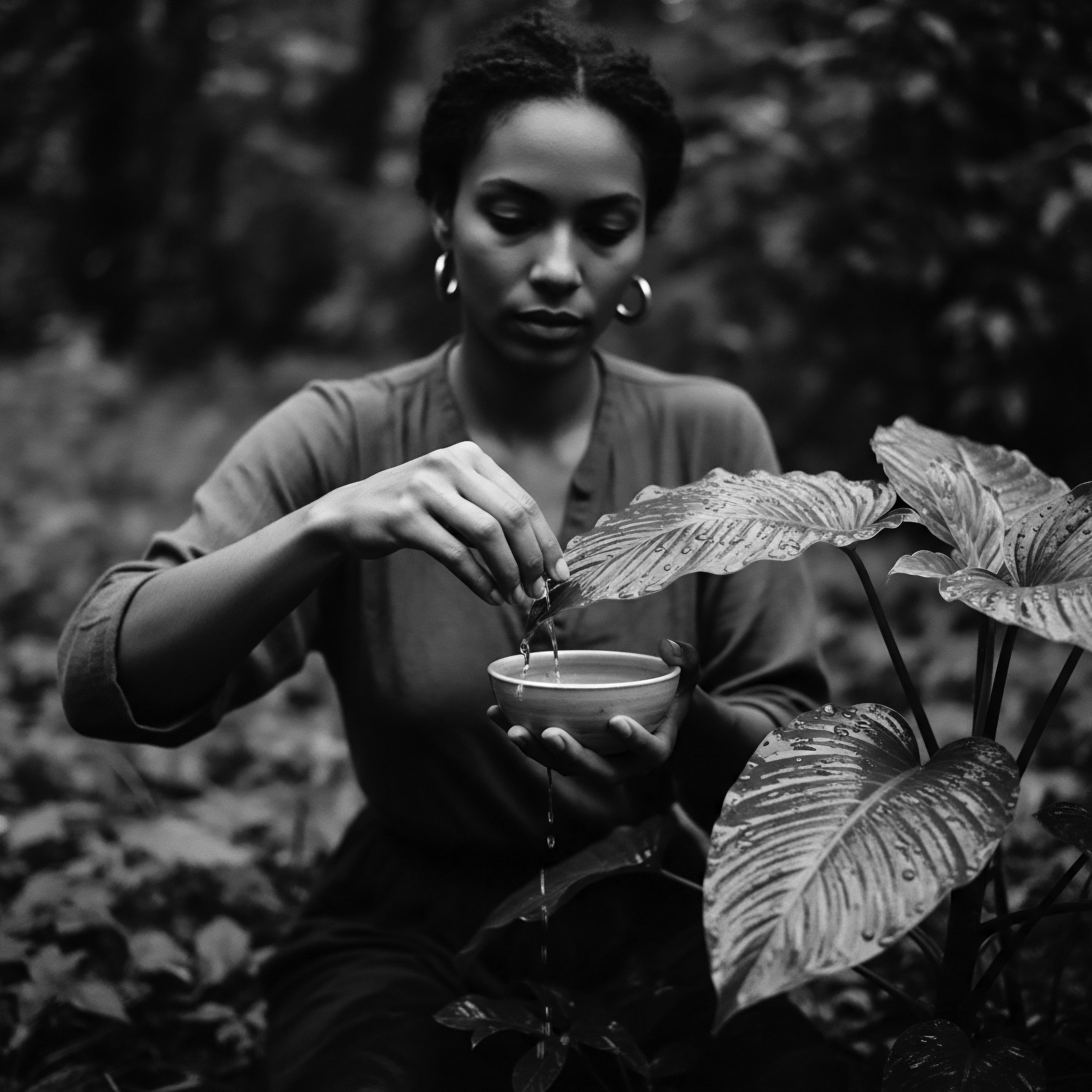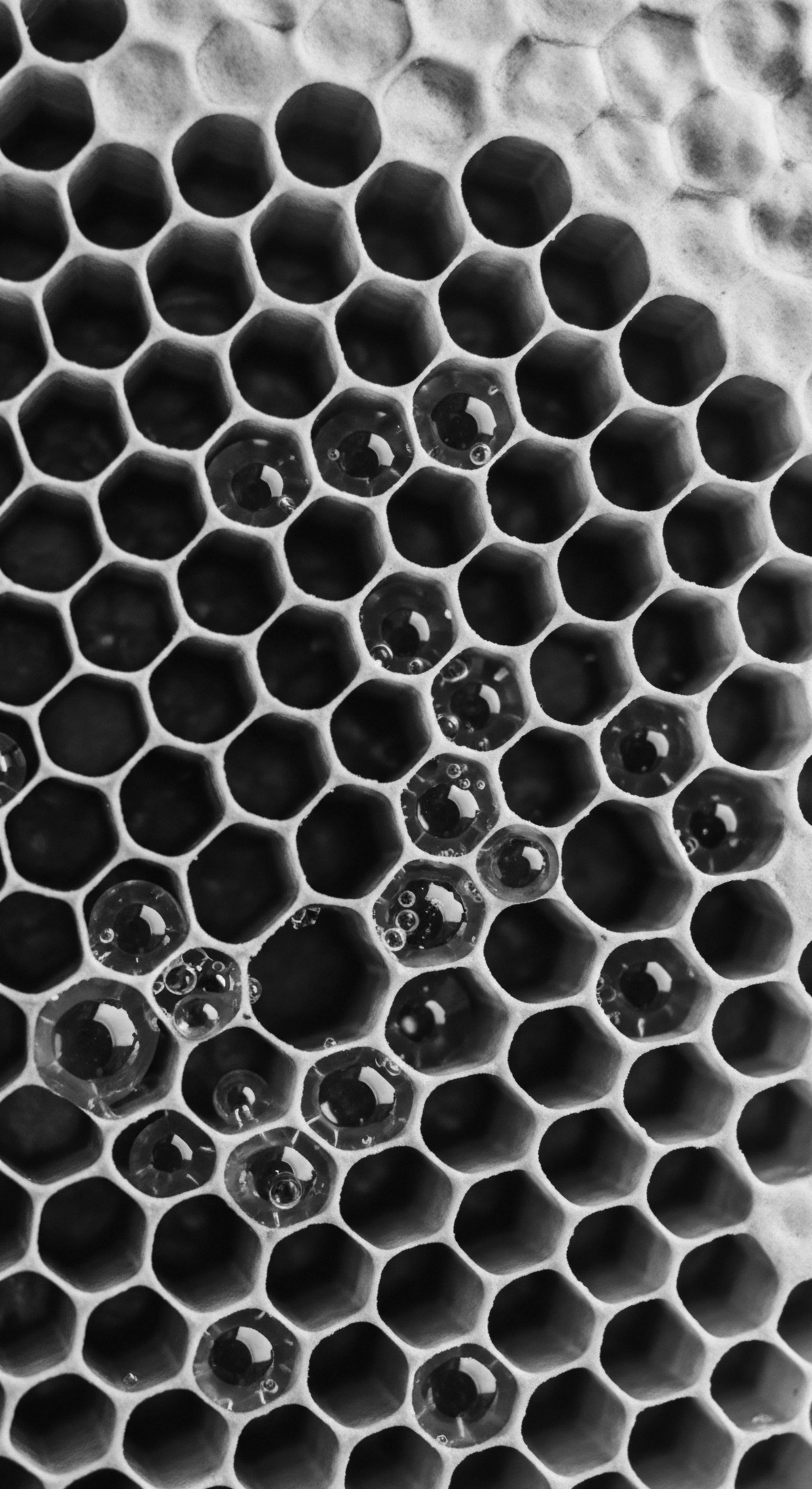
Slippery Elm Benefits
Meaning ❉ Slippery Elm Benefits refers to the unique hydrating and soothing properties of its inner bark's mucilage, highly valued in heritage hair care.

Ulmus Rubra
Meaning ❉ Ulmus Rubra, or Slippery Elm, is a botanical entity whose mucilaginous inner bark offers profound benefits for textured hair, rooted in ancestral care practices.

Ulmus Rubra Cultural Use
Meaning ❉ The Ulmus Rubra Cultural Use denotes the historical and ongoing application of Slippery Elm's properties for textured hair care, deeply rooted in ancestral practices.

Ulmus Rubra Mucilage
Meaning ❉ Ulmus Rubra Mucilage is the viscous, polysaccharide-rich substance from Slippery Elm bark, historically revered for detangling and conditioning textured hair.

